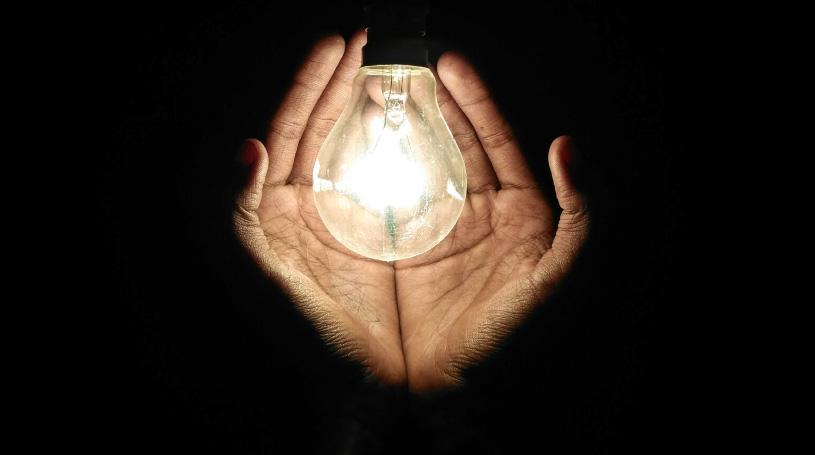- Home
- latest news
- eskom least debate has shifted reason lights going reason them staying
Eskom: At least the debate has shifted from the reason for the lights going off, to the reason for them staying on

It’s easy to feel cynical about Eskom.
As many question the legitimacy of the current pre-election load shedding reprieve, it is worth highlighting one thing: at least the debate has shifted away from the reason for the lights going off, to the reason for them staying on.
That’s a far more comfortable position compared with a year ago, and a timely reminder that sometimes things do, in fact, get better. Instead of debating the scope and severity of state capture, we are now scrutinising Eskom’s diesel bill, to see if it conforms to budget parameters.
Even if the diesel bill remains a concern, we should sometimes acknowledge our gains as well as our pains.
Another gain reported this week is the fact of the country’s energy availability factor breaching 70% -- the highest level in three years. In recent years that figure has dipped as low as 53%, and the increase is largely thanks to maintenance improvements and targeted interventions at the worst-performing power stations. Electricity minister Kgosientsho Ramokgopa insists progress is not simply due to the diesel-guzzling open-cycle gas turbines.
Even President Cyril Ramaphosa has added his assurance of an energy turnaround, a success he attributes largely to progress in combating organised crime: “Through dedicated support from our law enforcement agencies and the National Prosecuting Authority, great strides are being made in rooting out corruption at Eskom,” Ramaphosa says in his latest newsletter. “Work is continuing in disrupting criminal syndicates and protecting our power stations from sabotage,” he said.
That said, a stable power supply is still a long way off amidst uncertain economic times.
Some would say it is fitting that the focus of the energy debate has shifted to the country’s diesel bill. If it is true that we have pulled back from the brink of total state capture, our next equally daunting challenge is fixing the economy and securing sustainable growth. According to government’s own assessments, petrol and diesel consumption “remains the most important component in the economic growth of South Africa as the country’s transport system depends on petroleum fuels for almost all its energy needs”.
And yet for a variety of reasons both local petrol and diesel production has declined significantly over the past ten years, despite increased consumption. Diesel has declined by an average rate of 18% per annum (from 2013 to 2022) due largely to the closure of local refineries.
The figures suggest there is huge work to be done if South Africa wishes to fulfill its National Development Plan 2030 target of “sustainability and security of the supply of fuel in the country.”
Addressing this challenge, while admittedly onerous, is at least more palatable than plumbing the depths of state capture.
If there’s a moral to this story it is, as the President himself suggests, that the root cause of Eskom’s woes is crime and corruption. We would go further to say that another root cause is the failure of law and order which allowed corruption to take root. Our criminal justice system failed us, at a cost to the economy and to citizens that makes even exorbitant diesel bills seem like small change.
So long as crime pays so handsomely, the balance sheet of most law-abiding citizens is likely to remain precarious.
John Lawson
CEO of the Cape Chamber of Commerce & Industry
